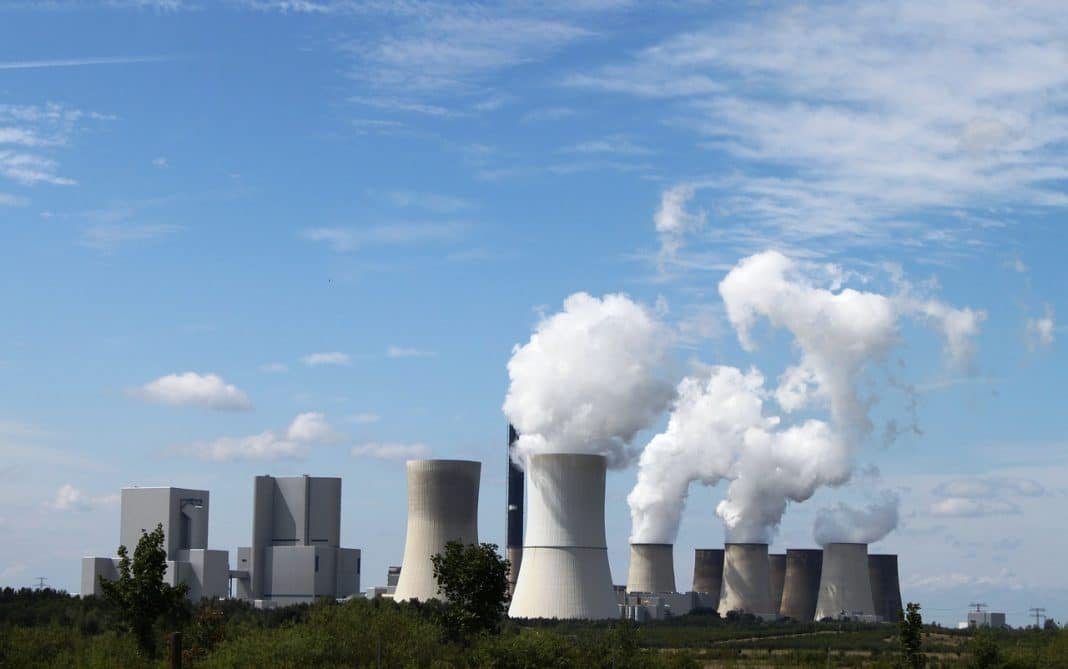China is getting ready to relaunch the China Certified Emission Reduction (CCER) system, the voluntary carbon credit plan that was abandoned 5 years ago.
This coincided with the completion of the first compliance period for China’s new carbon trading market, the national Emissions Trading Scheme (ETS).
The CCER will play a crucial role in attaining carbon cost reductions and renewable energy goals as an important additional mechanism to the ETS.
CCER is projected to play a significant role in attaining carbon cost reductions and renewable energy goals.
CCER is carried out on a voluntary basis by firms and certified by the Chinese government. Projects such as renewable energy generation and waste-to-energy initiatives, as well as forestry projects, are set to benefit.
Carbon emitters must pay CCER owners, such as renewable energy generators, for their credits.
These voluntary CCER credits can be used to offset emissions by companies that are part of the compliance ETS.
The carbon credits can be used to offset China Emissions Allowances (CEAs) shortfalls or credits that companies participating in the national ETS can buy or trade under the program.
The offset rate of CCER credits is limited to 5% of emissions that exceed national ETS targets.
The earlier CCER plan was scrapped in 2017 due to low trading volume and a lack of standards in carbon audits.
Since China introduced its national ETS in July of last year, the concept of reinstating the CCER system has gained traction.
In a January interview, Lai Xiaoming, chairman of the Shanghai Environment and Energy Exchange, which manages the national ETS, stated that the government was actively planning for the relaunch of CCER in 2022.
Analyst Lin Yuan for Refinitiv believes the reintroduction of CCER will increase demand for offsets and that the supply volume of CCERs could be over 300 million tonnes.
Domestic and foreign institutions, companies, communities, and individuals are eligible to participate in transactions involving voluntary emissions reductions.
It is expected that in the future, Hong Kong-based and abroad enterprises will be able to participate in the CCER system by including CCERs that meet international criteria into their overall carbon-offsetting plan.
Last August, China’s carbon market saw its first cross-border transaction, with a Hong Kong-based organization and individual purchasing approximately 10,000 tonnes of CCERs from a solar power facility in the Kubuqi Desert.
The CCER relaunch finally started operation in 2023 under the management of China Beijing Green Exchange (CBGE).

